They are so filthy and bestial that no honest man would admit one into his house for a water closet doormat

They are so filthy and bestial that no honest man would admit one into his house for a water closet doormat
Charles Dickens was a master of social commentary, using his novels to shed light on the injustices and inequalities of Victorian society. In his works, he often portrayed the lower classes as downtrodden and oppressed, while the upper classes were depicted as callous and indifferent to the suffering of others. One of the recurring themes in Dickens' writing is the dehumanization of the poor, who are often treated as little more than animals by the wealthy and powerful.The quote, “They are so filthy and bestial that no honest man would admit one into his house for a water closet doormat,” perfectly encapsulates the disdain and contempt that the upper classes felt towards the poor in Dickens' time. The wealthy saw the poor as dirty, lazy, and morally corrupt, unworthy of even the most basic human decency. They viewed them as a threat to their own social standing and believed that they were better off keeping them at arm's length.
In Dickens' novels, characters like Ebenezer Scrooge in "A Christmas Carol" and Mrs. Jellyby in "Bleak House" exemplify this attitude towards the poor. Scrooge is a miserly old man who hoards his wealth and refuses to help those in need, while Mrs. Jellyby is so consumed with her own self-righteousness that she neglects her own family in favor of charitable causes abroad. Both characters represent the callousness and indifference of the upper classes towards the suffering of the poor.
However, Dickens also humanizes the poor in his writing, showing them to be resilient, compassionate, and capable of great kindness. Characters like Oliver Twist, Little Dorrit, and David Copperfield are all examples of the strength and dignity of the lower classes in the face of adversity. Through these characters, Dickens challenges the stereotypes and prejudices of his time, urging his readers to see the poor as fellow human beings deserving of empathy and compassion.


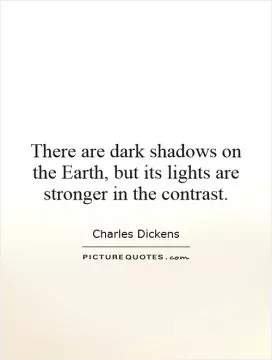



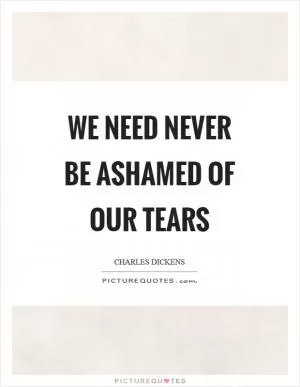
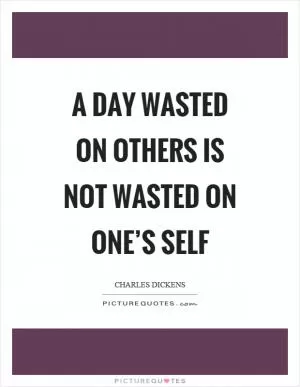
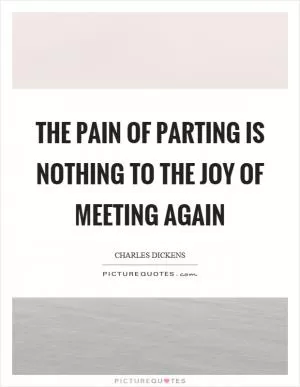
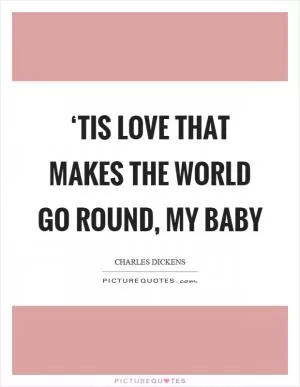


 Friendship Quotes
Friendship Quotes Love Quotes
Love Quotes Life Quotes
Life Quotes Funny Quotes
Funny Quotes Motivational Quotes
Motivational Quotes Inspirational Quotes
Inspirational Quotes